Say you’re writing a short story, or a book, and that little internal editor voice starts nattering away. How do know when to listen to it, and when to throw stuff at it until it shuts up?
Ever had that “I already knew this” feeling, when looking through your beta-reader’s notes? Like, if you’d just listened to that nattering little voice when it started to speak up in the first place, you could have saved your readers a lot of time and yourself a lot of revision angst?
I’m getting that feeling a lot lately. Yep, now that you mention it, I knew ‘story A’ needed more conflict and yet I did nothing about it. Just like I knew the main character in ‘story B’ was far too passive and needed to, you know, DO something. But did I fix it? Nope. Why? Maybe because I just wasn’t listening to that internal voice…
But this damned internal editor is a tricky little bastard. Half the time it mutters away just to chip at your self-confidence, and doesn’t offer anything actually helpful.
So I’m putting this question out into the internet, people: how do you tell the difference? When should you listen, and when should you start throwing things. Any helpful hints would be much appreciated.
This post was brought to you by a brain full of too many stories and not enough sleep.

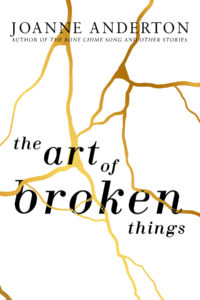
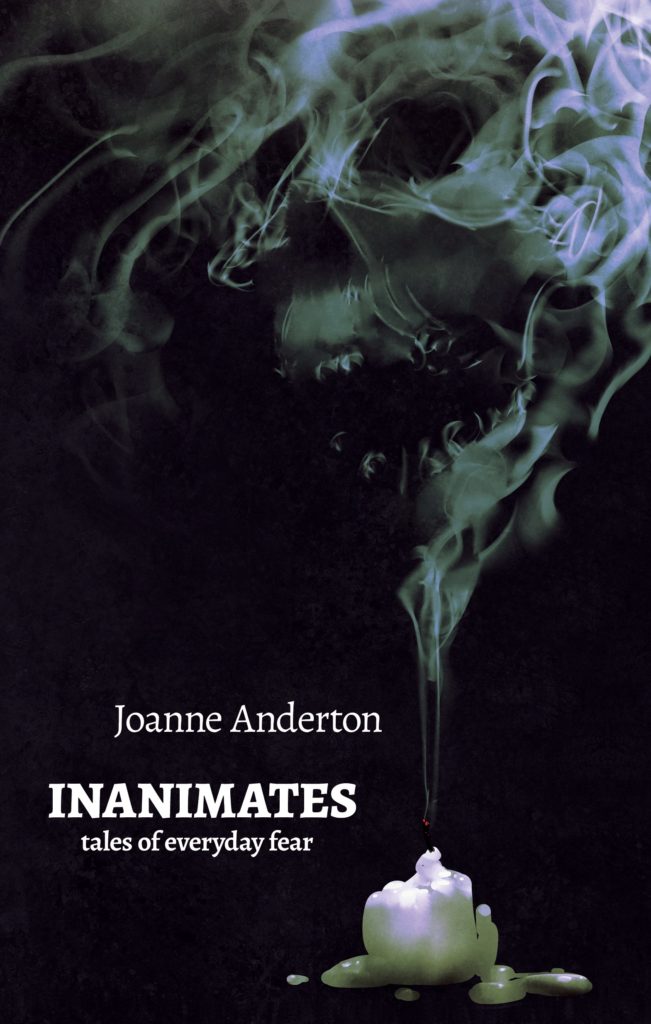
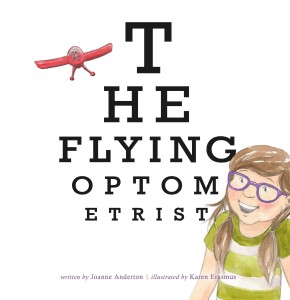

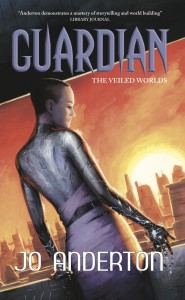
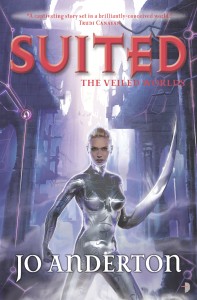

4 comments
Skip to comment form
Gee, I wonder which stories you’re talking about. 😉
I don’t really know when to listen to that inner voice and when to shove a sock into its mouth. I suppose it’s one of those things you get better at the more you write. Maybe the difference is in *what* the inner voice is complaining about. If the inner voice is making sweeping destructive generalizations (“You’re a bad writer” “This story sucks”), then ignore it. If it’s tugging on your sleeve saying, “You know, I think So-and-so is being really passive here”, stop and think about whether it maaaaybe, could be right.
Or, maybe have a tagline in mind before you write. Something that encapsulates protag, antag and conflict. Then you’ll know that what you have is a *story* and not just cool premise.
Author
This is where all my recent ranting about ‘I need to plot this BEFORE I write it!’ has been coming from. And yet, it doesn’t work. At least not all the time. I just couldn’t plot ‘story A’ (and yeah I know, I’m being really subtle aren’t I! Which stories AM I talking about?? :p ) no matter how hard I tried, or contemplated long train journeys in the name of research. In the end I just wrote it and I really enjoyed doing so. Even though what I produced was flawed, if I stuck to my ‘got to plot it first’ guns, I don’t think I would have produced anything at all.
Maybe it’s a combination of A) working out what to listen to (like you said above, ignore sweeping negative generalisations) B) accepting that no first draft will be perfect, deal with it and C) giving myself more time to revise before I inflict these on you 🙂
Wow, I am talking THIS MUCH about stuff that only really goes on in my head *sigh*
That little voice needs drowning. I like your final conclusion – think of a neat idea, write it, accept the poor little thing needs nourishment and do some revision.
Failing that, a bottle of red makes all of my writing just fan-tastic!
terry
Author
Bottle of red… of course! Why didn’t I think of that?